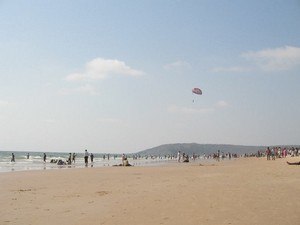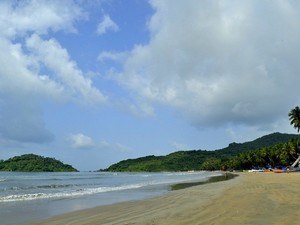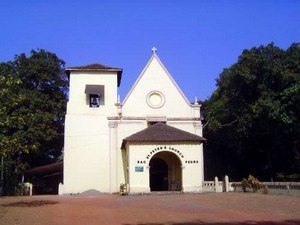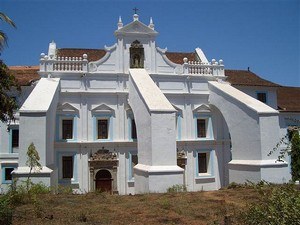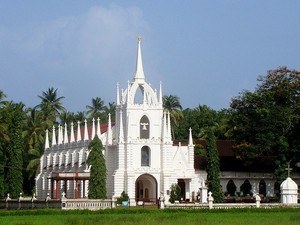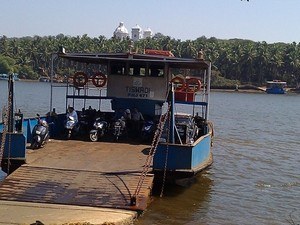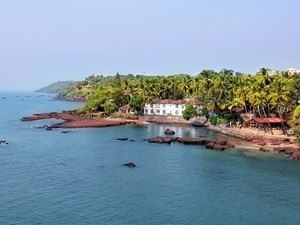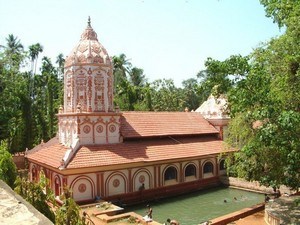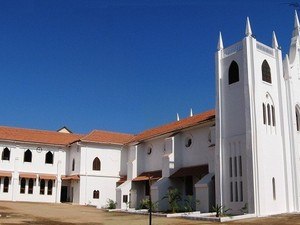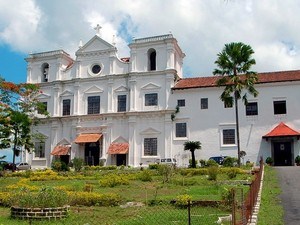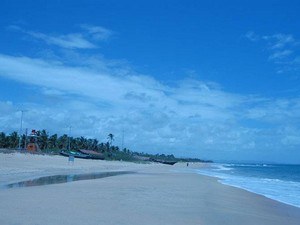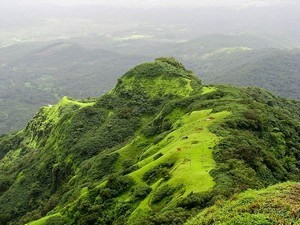FONTAINHAS
![]() Historical
Historical

 Distance (From Kadamba Bus Terminus): 2.5 Kms
Distance (From Kadamba Bus Terminus): 2.5 Kms
 Commonly Visited From: Church of Our Lady of the Immaculate Conception
Commonly Visited From: Church of Our Lady of the Immaculate Conception
 Trip Duration (From Church of Our Lady of the Immaculate Conception, Including Travel): 30 Mins
Trip Duration (From Church of Our Lady of the Immaculate Conception, Including Travel): 30 Mins
 Place Location: Panaji Town
Place Location: Panaji Town
 Transportation Options: Cab / Auto / Rental Bike
Transportation Options: Cab / Auto / Rental Bike
 Travel Tips: This place is usually visited from Church of Our Lady of the Immaculate Conception (1.1 kms).
Travel Tips: This place is usually visited from Church of Our Lady of the Immaculate Conception (1.1 kms).
Following places can also be visited from here:
Mahalakshmi Temple (850 mts), St. Thomas Chapel (1.1 kms), Maruti Temple (900 mts)
At a distance of 2.5 km from Panjim Kadamba Bus Stand, 28 km from Vasco Da Gama Railway Station and 17 km from Mapusa, Fontainhas is situated in North Goa.
Fontainhas is the India's only Latin Quarter in Panaji. Fontainhas is beautiful not only for its architectural design but also for its natural surroundings. It is bordered on the east by the creek of Ourem and on the West by the Altinho hill. The name Fontainhas is derived from 'Fonte Phoenix' or the 'Fountain of Phoenix' which was essentially a water reservoir constructed during the time of the Portuguese. The Fountain of Phoenix can still be seen before proceeding to the Maruti Temple in the Mala area.
The old world charm of the area is retained due to the fact that most houses in the area which are built in the classic Portuguese style are still painted in the traditional colours of pale yellow, green or blue, and have red tiled roofs with overhanging balconies. The quarter shows how Panaji was during the Portuguese rule of Goa. Walk around to admire its well maintained Indo-Portuguese houses and the small but pretty Chapel of St Sebastian built in the 1880s.
In the late 1700s this area was merely a coconut plantation owned by Antonio Joao de Sequeira. After his death in 1784, the land was given by the Government to the Convent of Our Lady of Carmo at Chimbel. Between 1810 and 1839 due to poor sanitary conditions leading to frequent epidemics at Old Goa, many administrative offices of the Portuguese Government were moved to Panjim and it became the official residence of the Governors and Viceroys. Subsequently, many requests for land in Fontainhas area came in and the Carmelites wasted no time in parceling out small plots without thought to urban planning. Consequently, the area developed hap-hazardly and narrow lanes were constructed to snake through the newly erected homes.
At one point the little quarter of San Tomé was known as 'Tobacco Square' because of the building which is now called as Panjim's main Post and Telegraph Office and to its south side is tobacco trading house. The small church here is San Tomé which was built in 1849 and renovated again in 1902.









